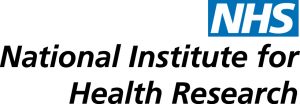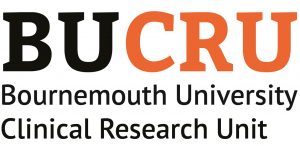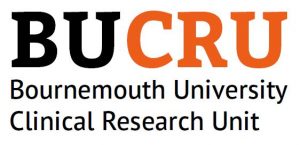Are you planning to submit a grant application to NIHR?
We are holding a one-day event at the University of Bristol that is aimed at helping you to improve your chances of success.
The morning seminar session is open to anyone to come and hear Simon Goodwin, RfPB Programme Manager for the South West, and RDS advisers give presentations on what makes a good grant proposal. Topics covered will include:
- what does the NIHR (and in particular RfPB) look for?
- the application as a marketing document: selling the topic, selling the method, and selling the team
- the team
- clarity of description and explanation
- feasibility issues
- identifying and avoiding potential pitfalls.
The afternoon support session of one-to-one appointments is for those who would like to discuss their own proposal with an RDS adviser.
This event is FREE and refreshments and lunch will be provided. Places are limited and will be allocated on a ‘first come, first served’ basis. In order to secure your place please register using our online form by 1pm, 24 April 2019. Find out more.
And don’t forget, your local branch of the NIHR RDS (Research Design Service) is based within the BU Clinical Research Unit (BUCRU) on the 5th floor of Royal London House. Feel free to pop in and see us, call us on 61939 or send us an email.






















 BU attendance at third annual GCPHR meeting in June
BU attendance at third annual GCPHR meeting in June Interactive Tangible and Intangible Heritage Applications – BU student work featured in new book chapter
Interactive Tangible and Intangible Heritage Applications – BU student work featured in new book chapter Second NIHR MIHERC meeting in Bournemouth this week
Second NIHR MIHERC meeting in Bournemouth this week MSCA Postdoctoral Fellowships 2025 Call
MSCA Postdoctoral Fellowships 2025 Call ERC Advanced Grant 2025 Webinar
ERC Advanced Grant 2025 Webinar Horizon Europe Work Programme 2025 Published
Horizon Europe Work Programme 2025 Published Horizon Europe 2025 Work Programme pre-Published
Horizon Europe 2025 Work Programme pre-Published Update on UKRO services
Update on UKRO services European research project exploring use of ‘virtual twins’ to better manage metabolic associated fatty liver disease
European research project exploring use of ‘virtual twins’ to better manage metabolic associated fatty liver disease